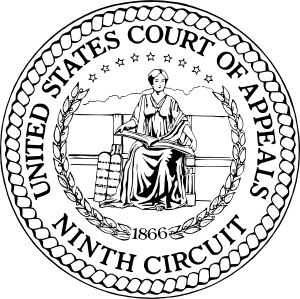“Does a right of first refusal contained in a written lease expire when that leasehold ends and the tenant becomes a ‘holdover’ tenant, and when the lease specifies ‘the continuing [holdover] tenancy will be from month to month’? We conclude that a right of first refusal is not an essential term that carries forward into a holdover tenancy unless the parties so indicate.”
In Smyth v. Berman, the Second District Court of Appeal held that, when a commercial tenant has a “right of first refusal” to purchase the property, included in a term lease agreement, that right is not among the “essential terms” of the lease. Because it is not essential, it is not included among the terms and conditions of the periodic tenancy created by the tenant’s holdover and the landlord’s acceptance of rent.
“When a lease expires but the tenant remains in possession, the ‘relationship’ of the landlord and tenant ‘changes’. The ‘lessor-lessee relationship’ based on ‘privity of contract’ ends, and a new ‘landlord’-‘tenant’ relationship based on ‘privity of estate’ springs into being by the operation of law. (Civ. Code §1945.) This new ‘hold-over’ tenancy is presumed to continue under the same terms contained in the now-expired lease except as those terms may have been modified by the landlord and tenant. (Civ. Code, § 1945) This case tees up the question: If the expired lease contained a right of first refusal, is that right one of the ‘terms’ that presumptively carries forward into the holdover tenancy? We conclude that the answer is ‘no’.”
The court added that this is merely a presumption, and the parties could contract for this term to renew. But absent such intention, this presumption added to the stability of commercial tenancies, by allowing the holdover tenant to remain on a month-to-month basis, under terms and conditions that didn’t give the landlord an incentive to nullify the right of first refusal by evicting their tenant.



